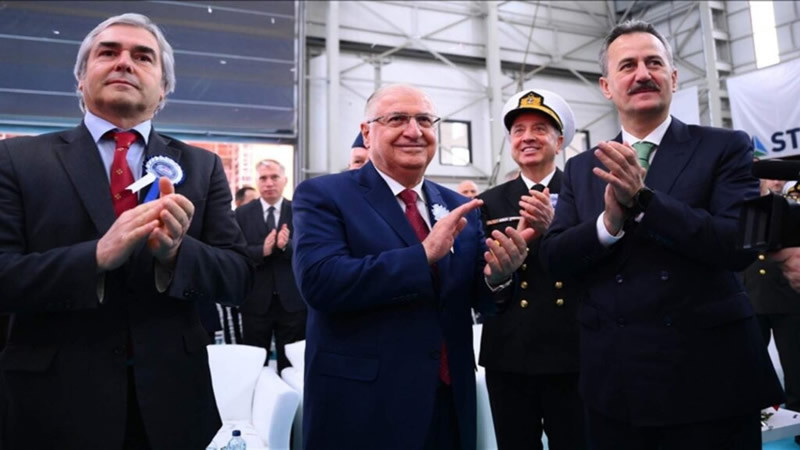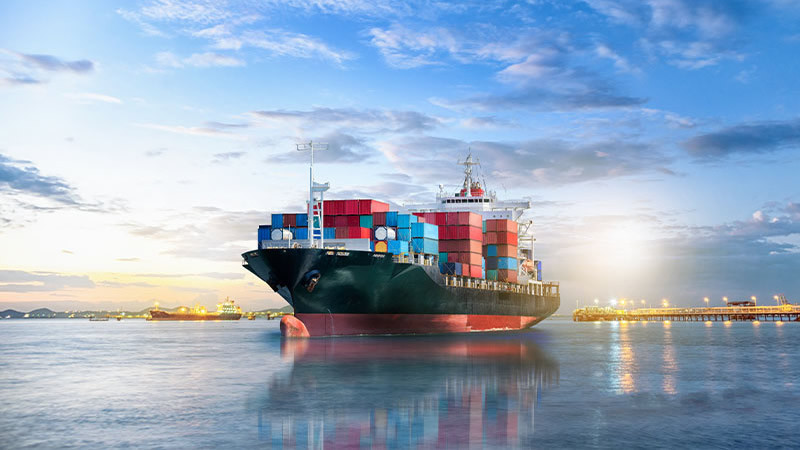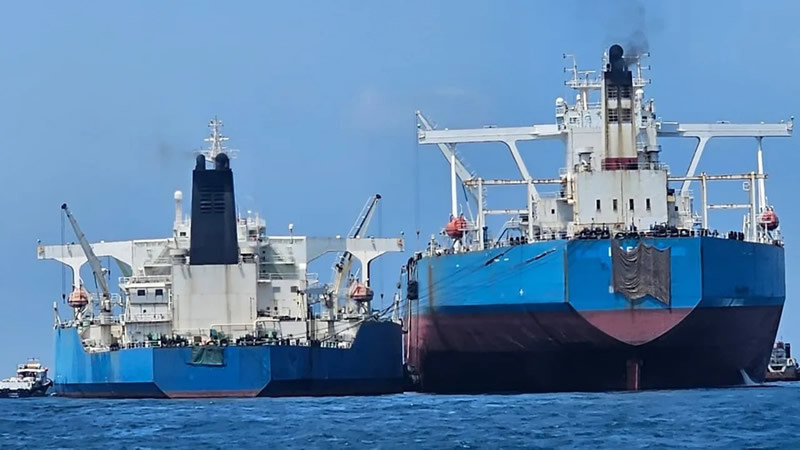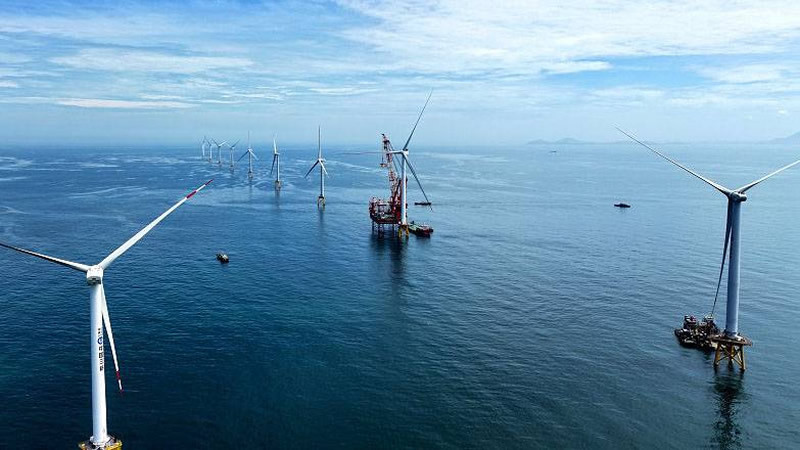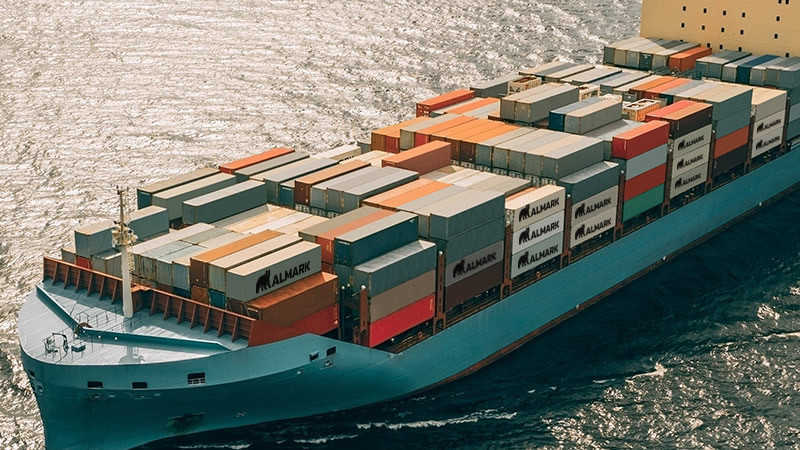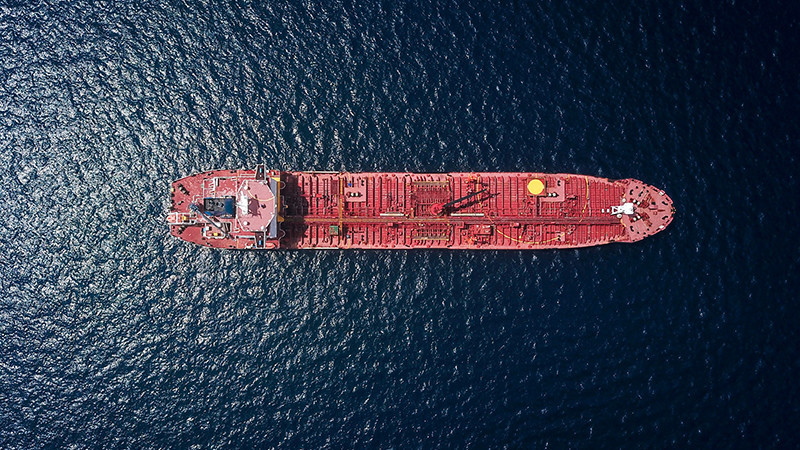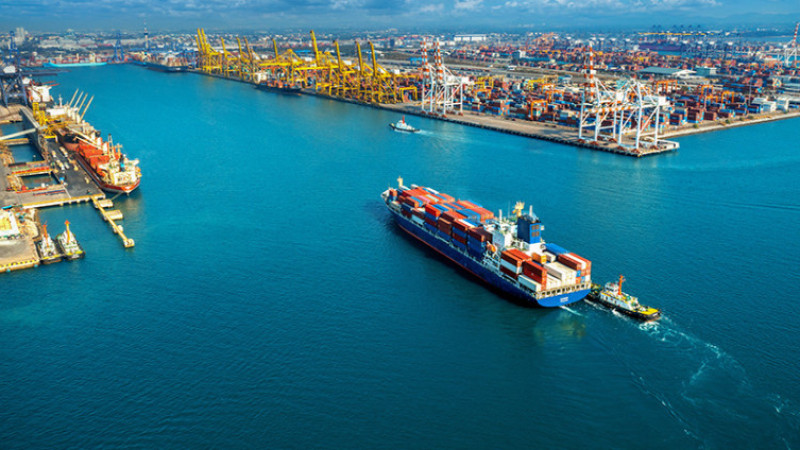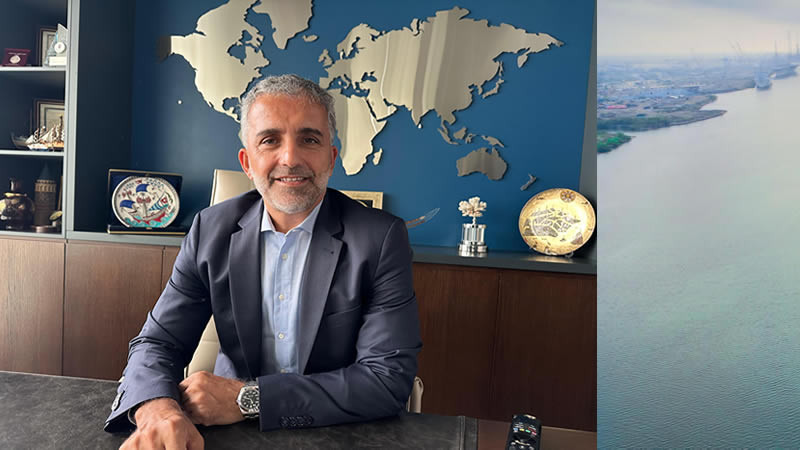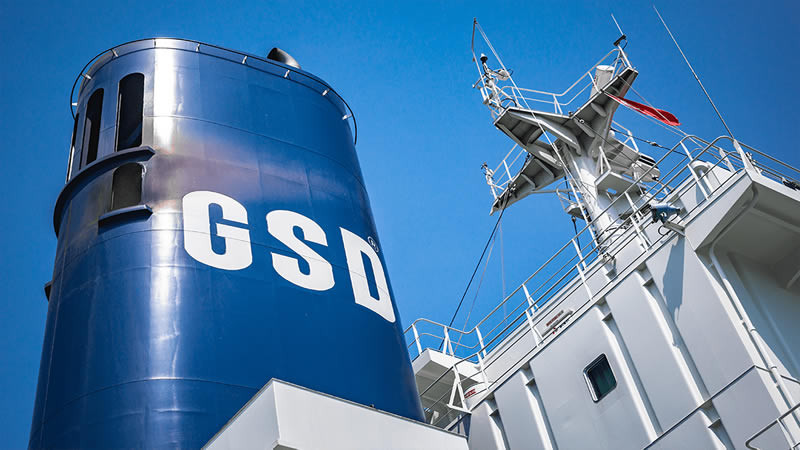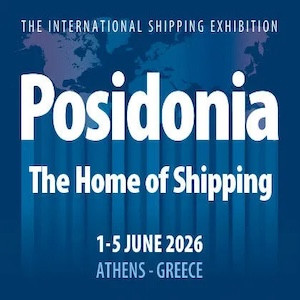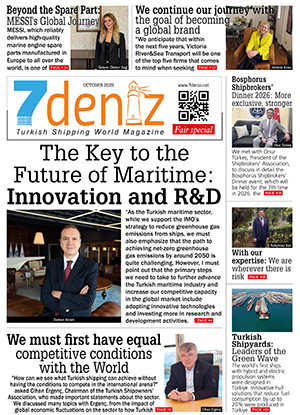The fees imposed by the U.S. on Chinese-made ships could disrupt competition.
It is said that the U.S. tariff targeting Chinese-made ships could disrupt competition among major passenger ship operators serving U.S. ports.
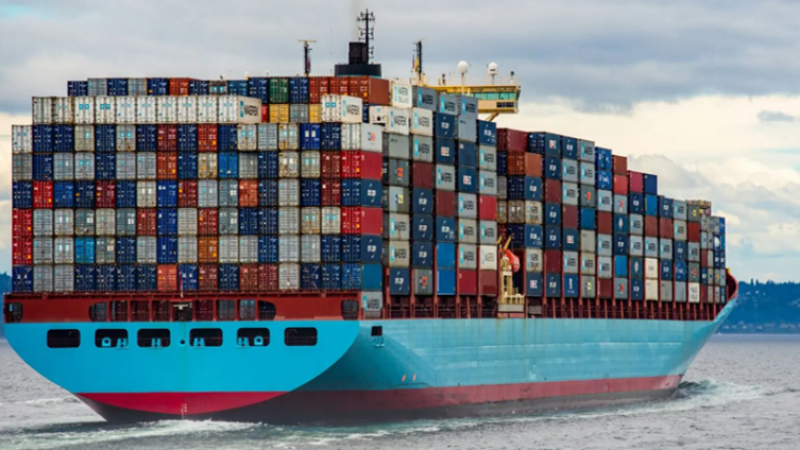
The U.S. Trade Representative's proposed tariff targeting "Chinese-made" ships could disrupt competition among major passenger ship operators serving U.S. ports. The proposed measures include fees of up to $1.5 million per port entry for Chinese-made vessels.
While some carriers may not be significantly impacted by this, others, such as ZIM or CMA CGM, are expected to be more strongly affected.
To assess the potential impact of this fee structure, Alphaliner examined all port calls of container ships larger than 1,000 TEUs operated by the top 10 carriers at the 20 largest U.S. ports in February. Of the 1,002 port calls recorded, 190 (19%) were made by Chinese-made ships. These port calls were made by 488 different vessels. Although the fee structure is expected to be applied due to China's dominant role as a maritime nation, it was found that 54.5% of all container ships serving the U.S. were built in South Korea. China ranks second at 20.9%, followed by Japan at 12.3%.
The impact of the tariffs on "Chinese-made" ships is expected to vary significantly from carrier to carrier. For instance, Evergreen made 53 port calls to U.S. ports last February, but none of them involved Chinese-made vessels. HMM used only Korean-built tonnage for 15 of its calls. Yang Ming, with 23 port calls, made just one "Chinese" port call with the YM TRUTH, a 12,726 TEU vessel built by Yangzijiang Shipbuilding in 2020 and leased from Costamare in Tacoma.


